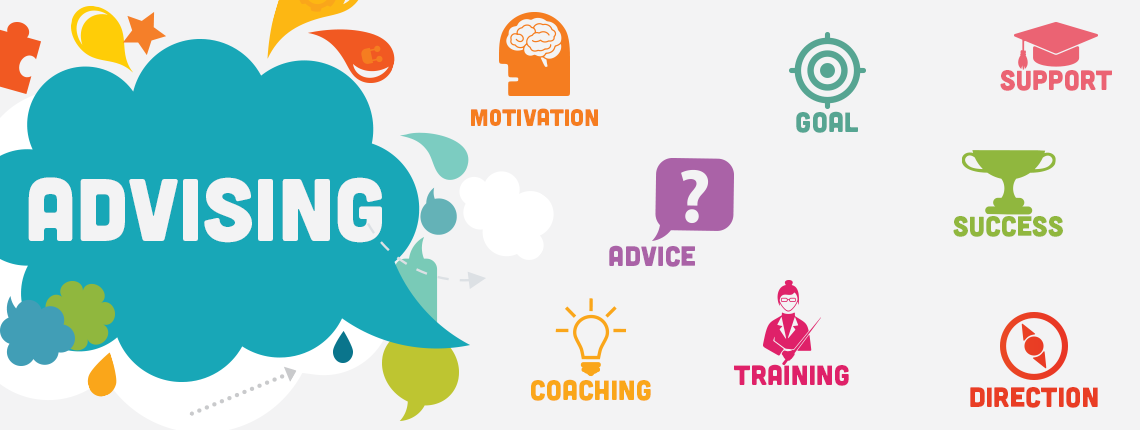By Natalie Forster, Features Assignment Editor
Many students question the caliber of our advising program at St. Bonaventure and if advisors should be matched with students based on student career plans. At minimum, students and advisors typically meet once a semester to be cleared for course registration. Depending on a student’s major, though, outside interactions between students and advisors can be limited.
According to Guidelines for Students: Academic Advising at SBU, located on the St. Bonaventure website, a good advisor is expected to be helpful in the major, assisting with course selection, answering curriculum questions, taking interest in progress, discussing future options, helping students take responsibility for their success and helping to find resources on campus.
An advisor is not just supposed to be clearing students for registration.
“It helps a lot to have someone I know be there if I have a question or need some guidance,” said Maddie Edwards, a freshman journalism major. “You meet with an advisor to talk about your next semester, and they are available to you when you need them.”
Advisors are supposed to help students look into their future endeavors. Some professors even have checklists to keep updated on their advisees’ progress.
The issue here does not lie necessarily with the advisors, but with the advisees. Sometimes students take advisors for granted instead of truly utilizing them as resources, according to Edwards.
A structural issue with our advising program is the variability of the number of advisees per advisor, according to David Hilmey, Ph.D, dean of the School of Arts and Sciences. For example, fields such as biology have a lot more majors than theology.
While students may have to take theology courses for general education requirements, there are fewer advisees than that of biology. Theology professors may teach as many students, but because they do not advise the same number, the professors have more time to spend with each student. Situations like this spread advisors thin, making it difficult for advisors with more advisees to keep up with their advising duties.
“If you ask any of our larger majors if they have enough staff, they’ll tell you no, and they’re probably right in terms of advising,” said Hilmey. “But advising, in many ways, is a secondary piece to what happens in the classroom. We staff based on what we need to teach. We teach a lot of students, but we don’t always have the same number of majors. Biology has that double whammy of having a large number of students plus a large number of majors.”
The advising center, located on the first floor of Plassmann, was created recently to leverage this issue.
“I think that the Advising Center that is part of our Student Success Center is a wonderful asset to our students,” said Kathy Wysocki, office manager of the Student Success Center. “The people that staff the Advising Center are very helpful in guiding you in the right direction. One of the great things about this is that students can now go online and schedule an appointment when it is convenient for them.”
While these advisors might not have expertise in the specific field of the advisee, they can help by looking up classes and doing basic advising. They know the general education curriculum and can help with general advising needs.
“We’re trying to provide students another outlet to get information that is valuable to them,” said Hilmey. “We’re hoping the advising center can help relieve some of the pressures. We don’t know if it will, but it’s a solution we’re looking to.”
The current advising program at St. Bonaventure is not perfect, but administrators are striving to try and fix issues. The advising center is their first step in fixing the problem.
“We are trying our best to make sure we are making it better,” said Hilmey. “There is no system that works great, and some institutions have just an advising center, but we think our faculty are the right people to do the advising. We just want to continue to make that process better for students.”
Photo courtesy of utrgv.edu






